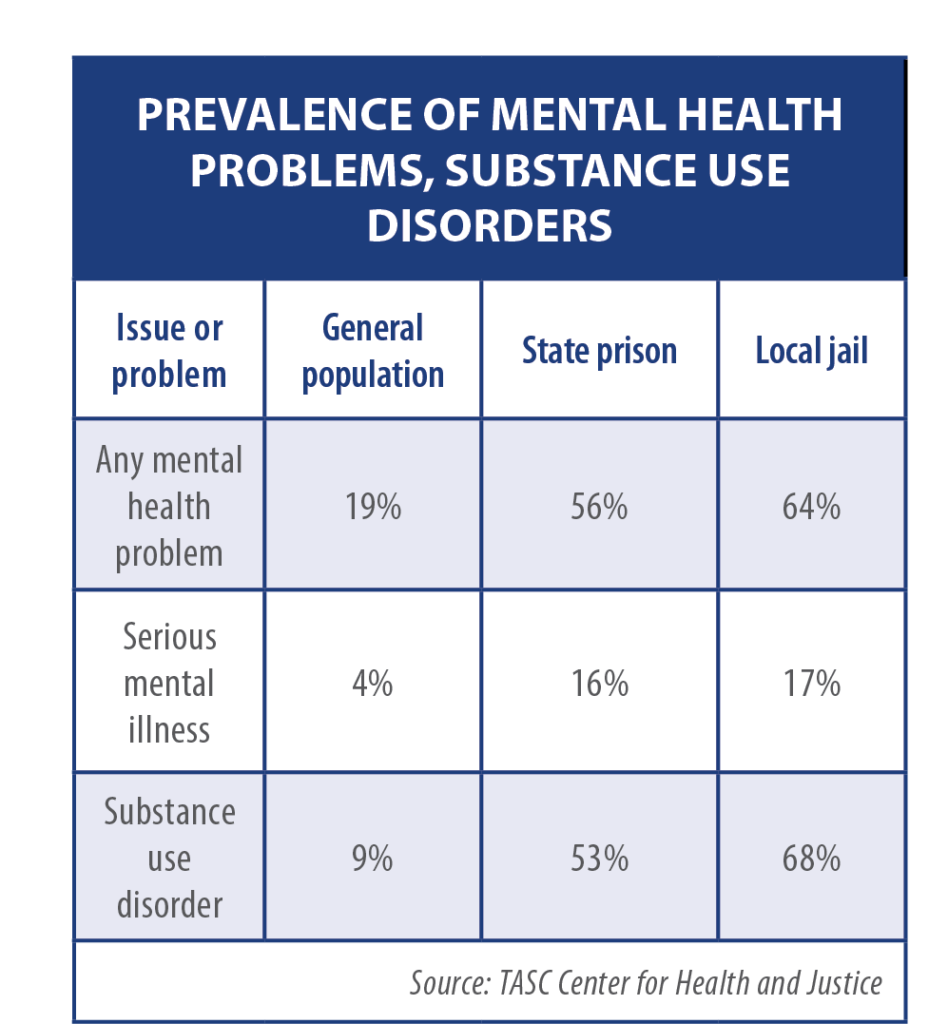MLC Criminal Justice & Public Safety Committee: Is a ‘third way’ of policing — deflection — emerging?
A relatively new idea in criminal justice, deflection is a “third way” for police to interact with offenders they encounter.
Police officers often only have a binary choice, arrest or release. Deflection seeks to use alternative remedies such as drug and alcohol treatment, hospitalization, and other diversionary programs, when appropriate, instead of introducing nonviolent, low-level offenders into the criminal justice system or releasing them back into the community without assistance.
Lawmakers on the Midwestern Legislative Conference Criminal Justice and Public Safety Committee heard about deflection from Jac Charlier, executive director of the Chicago-based TASC Center for Health and Justice. His presentation, “Legislative Opportunities for Justice,” discussed reforms to pretrial justice and bail and the basics of good re-entry programs and legislation. But deflection received the most attention and questions.
The need for, and first usages of, deflection began in rural areas in response to substance use disorder and the opioid crisis. With 68 percent of local jail populations suffering from substance use disorders, the benefits of deflecting many of these people to treatment are clear: It saves state and local jurisdictions prosecutorial time and money, doesn’t burden citizens with the long-term consequences of misdemeanors, and places offenders in treatment instead of jails or prisons, which often worsen mental health and substance use disorders.
In the TASC model, there are five identified deflection pathways to treatment: “self-referral,” when someone seeks treatment by contacting law enforcement; “active outreach,” when law enforcement intentionally seeks individuals for treatment; “Naloxone plus,” when treatment is part of law enforcement’s response to an overdose; “officer prevention referral,” when law enforcement initiates treatment with no charges after a 911 call; and “officer intervention referral,” which is like “officer prevention referral” except charges are held in suspension pending the completion of treatment.
Since 2014, eight deflection-related laws have been passed in six states, including last year’s SB 3023 in Illinois. That measure authorizes and encourages law enforcement to create partnerships with treatment providers and others to deflect individuals away from the criminal justice system.
To measure the impact of a local deflection program, the law includes a minimum data collection requirement (municipalities do not have to create a deflection program). Illinois lawmakers also provided civil liability immunity to law enforcement for program-related activities.